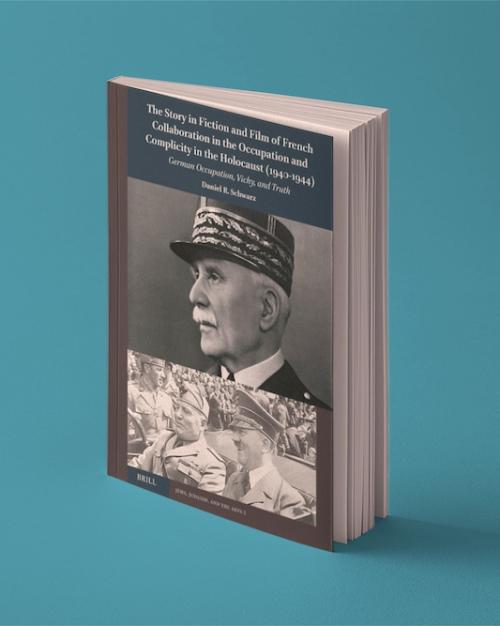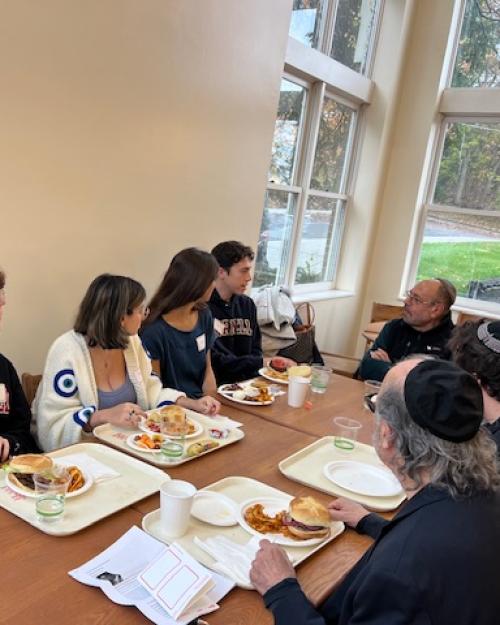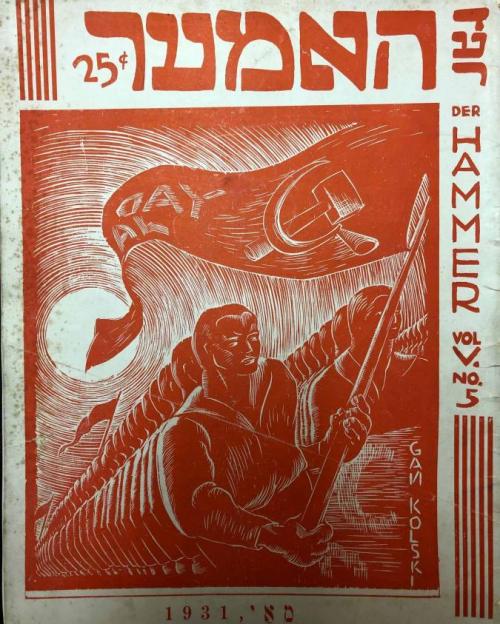How fiction and film are shaping the Occupation narrative in France
A&S Communications
 Department Homepage
The College of Arts & Sciences
Department Homepage
The College of Arts & Sciences


